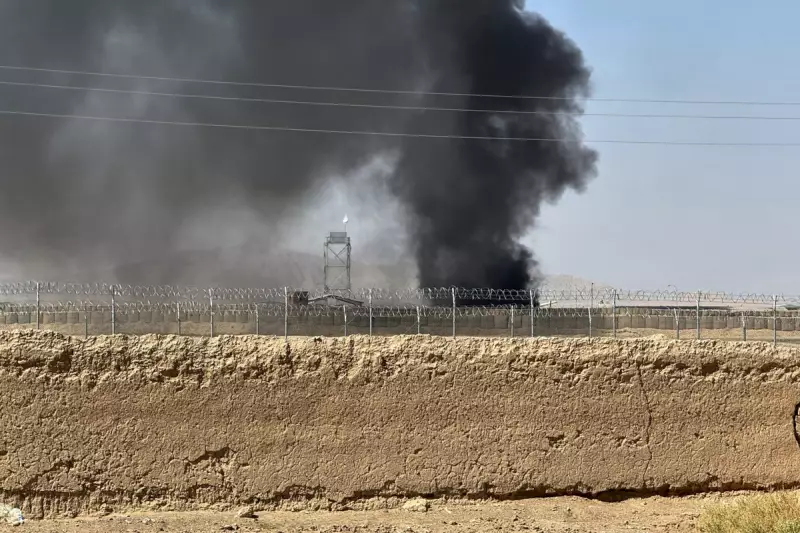
In a significant development for regional stability, Pakistan and Afghanistan's Taliban-led administration have brokered a ceasefire agreement after days of escalating violence along their shared border. The truce comes following Pakistan's retaliatory airstrikes inside Afghan territory, which resulted in multiple casualties.
Cross-Border Strikes Spark Diplomatic Crisis
The situation escalated dramatically when Pakistani forces conducted precision airstrikes targeting what they described as "militant hideouts" in Afghanistan's border regions. According to Pakistani military sources, these strikes were in direct response to earlier attacks that killed seven soldiers in Pakistan's northwestern tribal areas.
Afghan Taliban officials confirmed the cross-border operations, stating that "eight people, all women and children" lost their lives in the Pakistani military action. The Afghan interim government strongly condemned what they called "an invasion of Afghan territory" and vowed to defend the country's sovereignty.
Diplomatic Channels Activated
Following the deadly exchanges, both nations quickly activated diplomatic channels to prevent further escalation. High-level talks between Pakistani and Afghan officials resulted in the ceasefire agreement, which both sides have committed to honour.
The agreement represents a crucial test for the Taliban government's ability to manage international disputes since taking power in 2021. Regional analysts note that maintaining stable relations with Pakistan remains one of the administration's most significant foreign policy challenges.
Regional Implications
This latest flare-up highlights the ongoing tensions in the region, particularly concerning:
- Cross-border militant activity
- Disputed territorial claims
- The challenge of managing a 2,600km shared border
- Regional counter-terrorism efforts
International observers are closely monitoring the situation, concerned that further instability could affect broader regional security dynamics. The ceasefire, while fragile, represents an important step back from the brink of more sustained conflict between the neighbouring nations.





